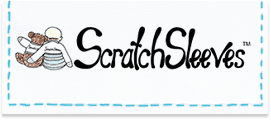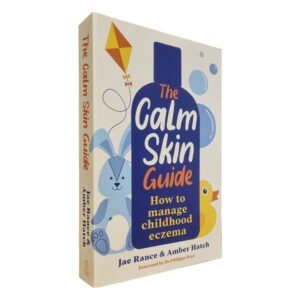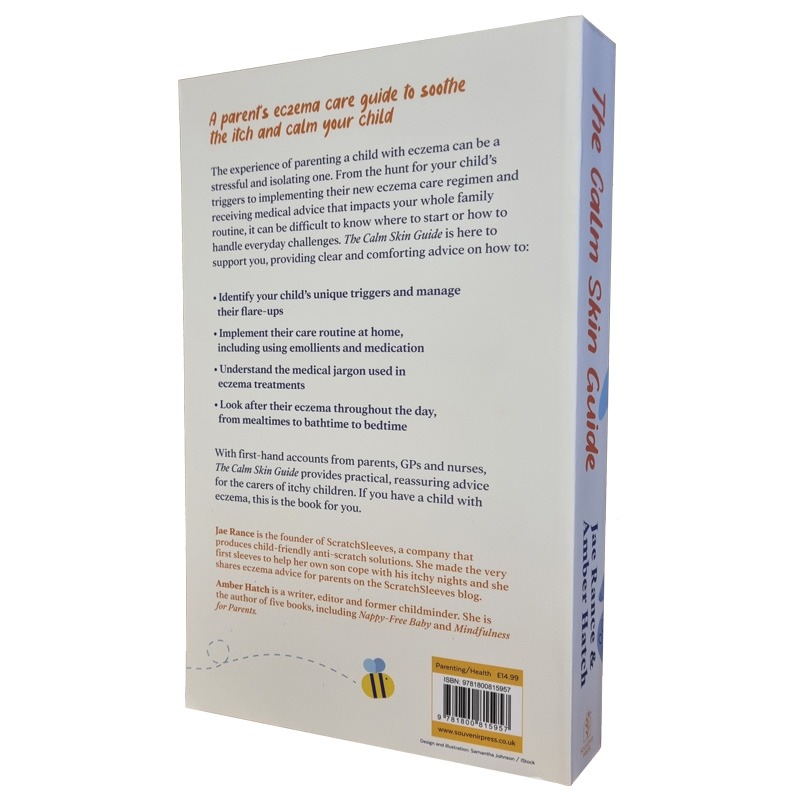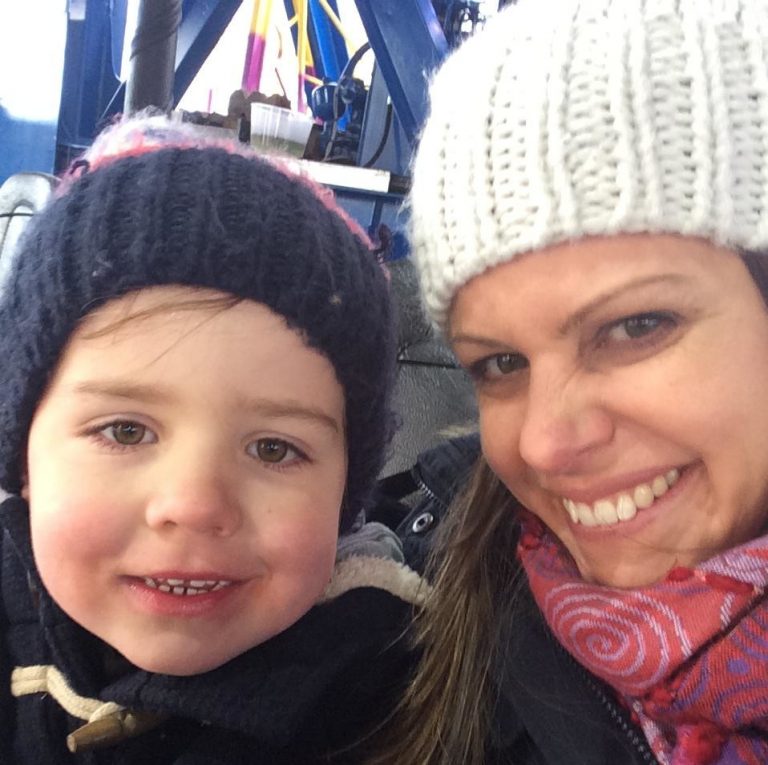The eczema itch explained – What causes it? What relieves it?

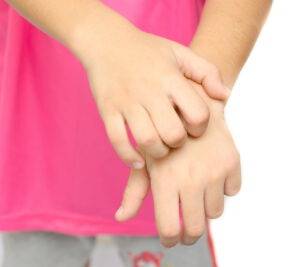

Eczema is often called “the itch that rashes”. The eczema itch is certainly feels more uncomfortable and distressing than the eczema rash looks. Trouble sleeping, infections and even hospitalisation can all be triggered by that pesky little itch. It’s time to put it under the microscope and find out exactly what causes the unpleasant sensation. What makes it worse and what happens when you actually give in and have a good old scratch!
Why is eczema so itchy?
There has been (and continues to be) extensive research into this and, frustratingly, there are still no complete answers. Eczema causes the affected skin to release chemical mediators – essentially messages to stimulate the nerves. Furthermore, people suffering from atopic eczema have increased sensory fibres in their nerves. This means even the slightest contact can produce the itch sensation. These nerves send messages to the brain and the result? Scratching. This is known as a neurogenic itch due to the activation of nerve pathways.
There’s another type of itch too – a psychogenic itch. This occurs when the itch sensation is triggered by psychological factors rather than the nerves in the skin. To give you a practical example, try having a conversation about head lice without suddenly feeling your scalp grow itchy! When we think about itching, the same areas of the brain are activated as when the skin is genuinely irritated. This means that we feel the itch, and have the urge to scratch, even though there is no physical irritation. So just thinking about eczema can make it itchy. This is why distraction is so effective.
Why does the itch cause skin damage?
It’s important to note that it’s not the itch that causes the majority of the inflammation and damage to the skin. It’s the scratching response that it triggers. Scratching can become a subconscious reaction or ‘conditioned response’. This is specially true in children who have suffered from eczema all their lives.
What aggravates the itch?
-
Dry skin is itchy full stop
Eczema sufferers have a defective skin barrier which leads to trans-epidermal water loss (TEWL). Essentially, eczema sufferers lose more moistures through their skin than other people. This moisture loss is commonly worst at night-time (which explains why it’s a prime time for itchiness!). This is why barrier creams and emollients are such a key part of any initial treatment. -
Sudden changes of temperature
Temperature changes, especially coming out of the cold to a warm room – can cause the skin to itch. Dry heat is also aggravating which is why using a humidifier is often recommended. -
Overheating at night
Overly warm rooms cause disrupted sleep, especially for young children (and their parents!). Try to keep bedrooms below 18°C where possible. Not only can heat aggravate eczema but ever small amounts of sweat can increase itching. Be careful not to apply creams too thickly as this can block pores and make skin more uncomfortable. Keeping emollients in the fridge and apply light layers at a time works well. Low tog manmade fibre duvets and pure cotton sheets are your best option for bedding. You can find more tips on keeping your itchy little one cool in their bedroom here.
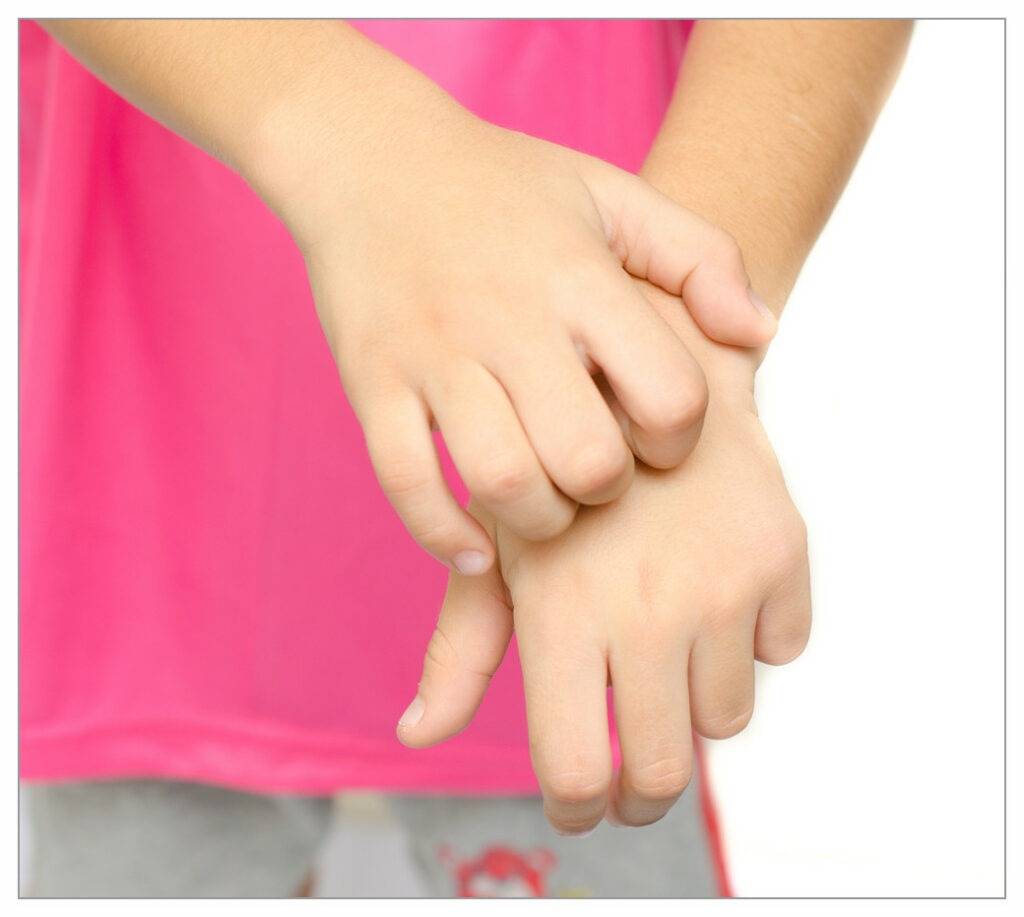
-
Clothing can irritate the skin
This is especially true for rough textures like wool fibres, seams and labels. Synthetic fabrics can lead to overheating, a big issue for itchy little ones. Pure cotton layers are the best option. For more information around eczema friendly clothing click here. -
Eczema skin is very sensitive to surface irritants
Eczema is often part of the ‘atopic triad’ of eczema, allergies, and asthma. Up to 80% of children with eczema also have asthma or allergies to pollen, dust mites, pet dander, mold, or certain foods. Specialist allergy testing as part of an eczema diagnosis may be helpful. -
Psychological factors can also effect itchiness.
In children especially tiredness is a trigger. Stress and anxiety are also know to cause psychological itching, even in non-eczema sufferers. Make sure that you talk to you eczema child about big life transitions, like house moves or a new sibling. Don’t be fooled into thinking that you have protected them from the stress of these changes. Children pick up on far more than we think.
What relieves the eczema itch? Prescribed options
Emollients
Emollients help to keep the skin well moisturised. The oils they contain rehydrate dry skin cells. They also form a thin, waterproof layer on the skin. This helps to prevent the water loss through the skin barrier. They are safe to use and can be applied as often as is necessary. You should apply them at least twice a day – more often if the skin is very dry.
Many of are available on prescription. Some emollients contain anti-itching ingredients, called lauromacrogols, which are local anaesthetics. It can take a bit of experimentation to find an emollient that suits your child. Some of the more oily, gloopy emollients can feel claggy and uncomfortable. Whereas the more runny lotions may not have another of the moisturising oils to work effectively. Once you have found one that your child doesn’t mind using, be sure to apply it regularly. You can also use emollients as a soap substitute. Just be careful that your child doesn’t slip as they can make the tub slick. You can read more about emollients here.
Topical Steroids
If eczema fails to respond to emollients alone, an additional treatment – usually a topical steroid – may be prescribed as a short-term treatment. There are a lot of myths about the safety of topical steroid creams. These have resulted in ‘steroid phobia’ and the under use of steroid creams. Please be assured that, before deciding which topical steroid to prescribe, your healthcare professional will be aware of the risks. They will consider the age of the patient, the area of the body affected by the eczema, the severity of the eczema and other medications being taken before prescribing. Usually they will start with the lowest strength required to bring the eczema flare back under control. Used in accordance with the instructions, topical steroids are safe and effective at getting itch eczema flare-up back under control. However, steroid creams should not be used for long term eczema management without medical guidance.
Steroid creams are the best tool in your doctors toolkit for healing active eczema quickly. This is especially important for babies as keeping the skin as intact as possible is now thought to be important in preventing future food allergies. You can read more about this here.
Read more about the safe use of topical steroids from our expert Dr Sam Hunt here.
Paste bandages and wet wrapping
These can both be helpful in reducing the itch–scratch–damage cycle. They are especially at night, when scratching is often an unconscious action. Covering damaged skin with occlusive dressings increases the risk of infection. So it is essential that you are given a demonstration of how to apply paste bandages or wet wraps by your medical professionals.
Wrapping and bandaging should not be used to treat mild eczema or if the skin is infected. Covering up the skin with bandages and wraps makes topical steroids more potent. Only use topical steroids under bandages and wraps if advised by your healthcare professional.
Topical immunomodulators or topical calcineurin inhibitors (TCIs)
These are second-line, non-steroid treatments for both flares and maintenance. These are Elidel (pimecrolimus) cream and Protopic (tacrolimus) ointment. Topical immunomodulators dampen down the immune system, which helps to reduce inflammation and itch. Doctors can prescribe TCIs for six weeks to treat flares or twice weekly for maintenance for anyone over 3 months old. TCIs are typically prescribed only when steroid creams haven’t been effective.
Home remedies for eczema itch relief
These are our go to itch busting home remedies for eczema itch relief
Cold Compresses
Keeping child friendly, cold packs in the fridge was a life saver for us. They aren’t too cold to hold in little hands but provide genuine relief. Single use, instant cold packs are great when you’re out and about.
Tapping
Tapping the itchy area provides a surprising amount of relief. It confuses the nerve endings (in the same way a TENS machine does!). Firmly tap the itchy skin with the flat of you fingers. You’re aiming to tap as fast a comfortably possible, around 2 taps a seconds.
Distraction
By thinking about something else, you can not only take you mind off the itch, you can also so it developing into a psychological itch. With a child, this can be something as simple as coming up with an engaging game or task. Bedtime can be more tricky. You can read more about keeping you child’s mind off the itch at bedtime here.
Acupressure
There are various studies showing that acupressure can help to decrease the dreaded eczema itch. While the evidence isn’t conclusive, there are no side effects to worry about and most children will enjoy the massage. We think that it’s worth a try. Our kids really enjoyed acupressure at bedtime and it did seem to reduce their scratching. This type of treatment also has the advantage off taking you child’s mind off their eczema, reducing any psychological itch. Read more about using acupressure to treat infant and childhood eczema here.
Habit Reversal
More suitable for adults and older children with persistent eczema. Habit reversal aims to break the scratch-itch cycle by a combination raising awareness of habitual scratching (scratching when there isn’t really an itch) and a period of very intensive skin care to reduce the itch. It can be very effective, but does require a big investment of time and effort in the short-term. Read more here.
Further ideas
Of course, the above methods are only the tip of the iceberg when it comes to reducing the eczema itch. We have written about lots of other methods in this blog. Here are some highlights:
- Natural Remedies for Baby Eczema: Which Ones Work? A Review of the Evidence.
- Can Probiotics Help Eczema in Babies and Children?
- Alternative Eczema Remedies: Coconut Oil
- Using Aloe Vera for Eczema
- Alternative Remedies for Eczema: Manuka Honey
- Practical tips for struggling parents of eczema children
- Top tips on baby eczema for new parents
Here at ScratchSleeves, we don’t just share our experiences of bringing up an eczema child and favourite allergy-friendly recipes, we also manufacture and sell our unique stay-on scratch mitts and PJs for itchy babies, toddlers and children. We now stock sizes from 0-adult years in a range of colours. Visit our webshop for more information.
The Calm Skin Guide
Love our blog? It's also available in book format with:
- First hand accounts from parents & medical professionals
- Easy navigation
- Comprehensive index
- Additional material
Signed copies available at no extra cost
Written by:
Reviewed by:
Interesting article? Don't keep it to yourself...
Read next...
You may also find helpful...
Quick buy


Multi Buy Discount

Spend between £30 - £60 and save 5%
Spend between £60 - £120 and save 10%
Spend over £120 and save 15%
Discount automatically applied at checkout
No Quibbles Guarantee
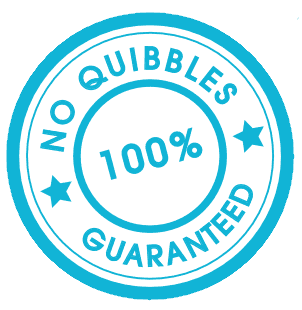
ScratchSleeves abide by a no quibbles guarantee.
Free UK Postage

Free packing and postage on all UK orders. For overseas orders to Europe postage is from £3.50, to USA is £6.50 and to the rest of the world, from £3.75.

